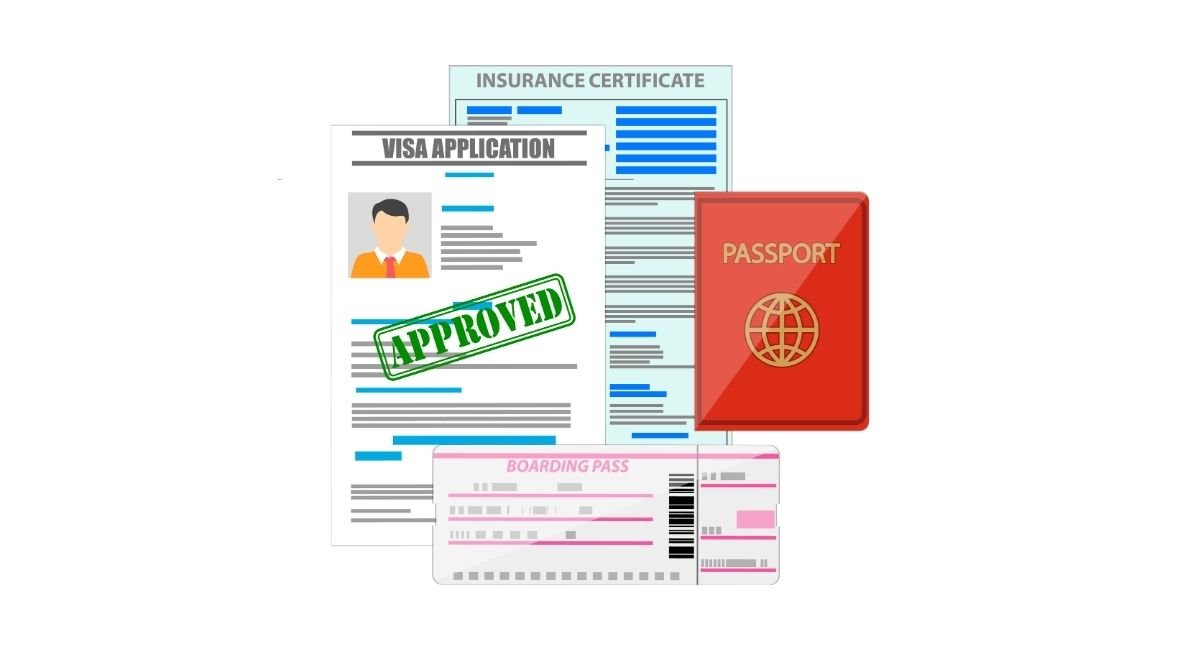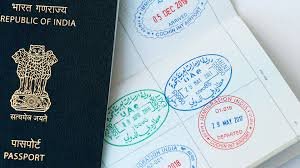
Emergency Travel to Canada Made Easy with These Visa Insights
Emergencies can strike when we least expect them, and in some cases, they can require urgent international travel. If you find yourself needing to visit Canada on short notice, understanding the process for obtaining an emergency visa can save precious time and reduce stress. Whether you’re dealing with a family crisis, an urgent business matter, or other critical situations, this guide provides all the insights you need to simplify and expedite the process.
Understanding an Emergency Visa for Canada
An emergency visa for Canada is a special authorization granted to foreign nationals who need to travel to the country urgently. Unlike a standard visitor visa, which can take weeks to process, emergency visas are designed to accommodate immediate and pressing needs. These visas are often issued quickly, provided the applicant meets the requirements and can demonstrate the urgency of their travel.
Here, we’ll walk you through the key aspects of the emergency visa, who qualifies, and how you can apply effectively.
Eligibility for an Emergency Visa
Before starting the application process, it’s essential to know if your situation qualifies for an emergency visa. The Canadian government considers several cases eligible for emergency visa applications, including:
- Medical Emergencies: If you need to travel to Canada to provide support to a critically ill relative or receive urgent medical treatment.
- Family Emergencies: Situations such as the death of a family member or the need to attend a funeral or a legal proceeding.
- Business Emergencies: For urgent business trips that cannot be postponed or conducted remotely.
- Humanitarian Reasons: Refugees, asylum seekers, or individuals in life-threatening situations may qualify.
Applicants must provide clear documentation to support the urgency of their travel. Without strong evidence, the application could face delays or denial.
Steps to Apply for an Emergency Visa
Applying for an emergency visa to Canada requires careful preparation. Follow these steps for a smooth process: TOURIST VISA FOR CANADA.
Determine the Right Visa Category
First, identify the type of visa you need based on your situation. Whether it’s a visitor visa, study permit, or work permit, the emergency application process varies slightly depending on the category.
Gather Required Documentation
To strengthen your application, ensure you collect all necessary documents. Common requirements include:
- A fully completed visa application form
- A valid passport with at least six months of remaining validity
- Recent passport-sized photos
- Proof of the emergency, such as medical reports, death certificates, or letters from a hospital
- Proof of financial stability to cover your stay in Canada
- Confirmation of travel arrangements, including any booked flights
Submit a Request for Expedited Processing
When submitting your application, specify that it’s an emergency and request expedited processing. Depending on your location, this can be done online or by visiting the nearest Canadian visa application center (VAC). Add a written explanation detailing why you need urgent processing.
Pay the Application Fee
An emergency visa application typically incurs the same fee as a standard visa for Canada. Ensure you pay the fee promptly to avoid delays.
Attend an Interview or Biometric Appointment (If Required)
Some cases might require you to attend an in-person interview or provide biometric data, such as fingerprints and a photograph. Keep an eye on updates from the visa office to ensure you meet these requirements quickly.
Monitor Your Application Status
Keep checking your application status online or contact the visa office to stay informed. If additional documents or clarifications are needed, respond promptly to avoid delays.
Tips for a Successful Emergency Visa Application
Securing an emergency visa can feel overwhelming, but following these tips can improve your chances of success:
- Be Clear and Concise: When explaining the reason for your emergency, stick to the facts and avoid unnecessary details.
- Provide Comprehensive Documentation: Weak or incomplete documentation is one of the most common reasons for visa denials. Make sure every claim is supported by verifiable evidence.
- Be Available for Follow-ups: Stay reachable in case the visa office needs further information or clarification during the processing period.
- Double-Check Your Application: Errors or omissions in your application form can lead to delays. Review everything before submission.
- Seek Professional Support: If you’re unsure about any part of the process, consider consulting an immigration consultant or lawyer who specializes in Canadian visas.
FAQs About Emergency Visas for Canada
1. How long does it take to get an emergency visa for Canada?
The processing time for an emergency visa varies depending on the urgency of your case and the quality of your application. While some applications are processed within 24 to 48 hours, others may take longer if more information or documentation is required.
2. Can I apply for an emergency visa online?
Yes, most emergency visa applications can be submitted online. However, depending on your location and the nature of your emergency, you may need to visit a visa application center for in-person processing.
3. What happens if my application is denied?
If your emergency visa application is denied, you will receive a refusal letter explaining the reasons for the decision. You can appeal or reapply, but it’s crucial to address the issues highlighted in the refusal to improve your chances of approval.
4. Can my emergency visa be extended?
Emergency visas are typically issued for short durations and cannot be extended in most cases. If you need to stay in Canada beyond the visa’s validity, you must apply for an appropriate visa or permit and explain your situation.
5. What if I don’t have all the required documents during an emergency?
If you can’t provide certain documents due to the nature of your emergency, explain this clearly in your application and submit whatever alternatives you can. The immigration officer may consider your circumstances while reviewing the application.
Conclusion
Navigating the emergency visa process for Canada may seem daunting, but understanding the requirements and taking a methodical approach can make all the difference. By meeting the eligibility criteria, providing strong documentation, and following the steps outlined in this guide, you can improve your chances of securing a visa quickly and without unnecessary headaches.
Emergencies are already stressful, but being prepared and proactive can help you focus on what truly matters—resolving the crisis at hand. If you still have questions, don’t hesitate to seek advice from experts or reach out to Canada’s immigration services. Safe travels!


